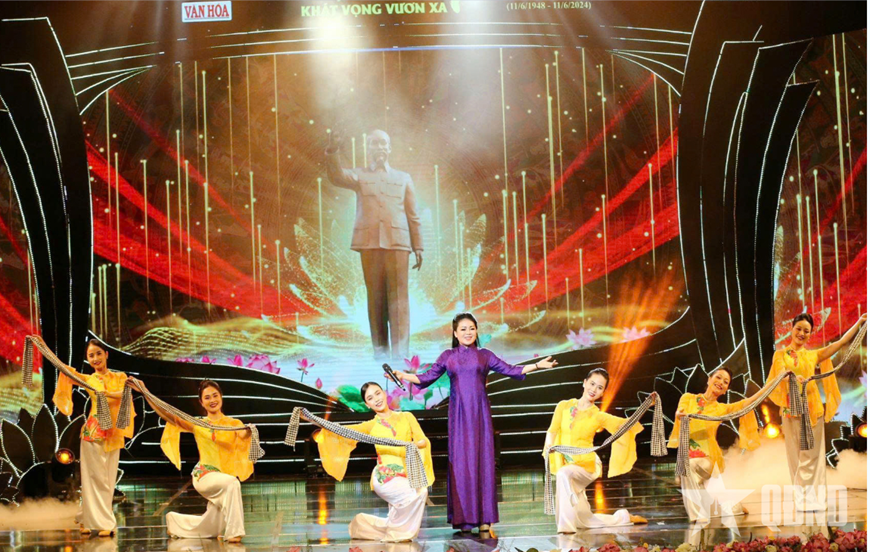
The Declaration of Independence declared to the world the independence, sovereignty of the people, and the right to national self-determination of the Vietnamese people. The values of the time in the Declaration of Independence have a strong vitality, and are a source of light for the Vietnamese people, oppressed peoples, and all peace- loving working people in the world. The ideology of human rights and the right to national self-determination is the highest expression of the noble humanism and true patriotism that President Ho Chi Minh has contributed to the history of progressive humanity.
The right to self-determination is a fundamental human right.
The 1945 Declaration of Independence clearly expressed President Ho Chi Minh's thoughts on human rights and national rights. In the Declaration of Independence, he was very creative in developing and approaching national rights from human rights as a natural necessity, which is the right that nature has given to humans, the right to live freely and the right to pursue happiness.
The Declaration of Independence began with the natural rights of human beings recognized by the world as constitutional values. It is no coincidence that President Ho Chi Minh borrowed quotes from the American Declaration of Independence (1776) and the French Declaration of the Rights of Man and of the Citizen (1791) to open the 1945 Declaration of Independence of the Vietnamese revolution. This quotation not only represents an objective reality of the perception of truth but also the inner thinking of dialectical perception.
To establish national rights and fight for national rights, President Ho Chi Minh started from human rights. He did not go directly to national rights but had to go through human rights. Because according to President Ho Chi Minh, human rights are the foundation for establishing national rights. From human rights, President Ho Chi Minh affirmed that the right to life, the right to happiness, the right to freedom of every nation born into this world are sacred, inviolable, and "indisputable rights". President Ho Chi Minh's elevation of human rights to national rights is his contribution of theoretical principles to the treasure trove of human rights ideology.
The Declaration of Independence of Vietnam has contributed to the establishment and affirmation of a new legal-justice foundation of human civilization for the value, dignity and rights of human beings, towards fairness, equality, and the elimination of all oppression and injustice on the national and international levels. That further affirms that President Ho Chi Minh not only inherited the cultural values of humanity but also raised them to a new level. From the happiness of each individual, he raised it to the right to life, freedom and happiness of all peoples.
Independence and freedom are the fundamental and most important values of human rights.
Ho Chi Minh's thought on human rights, civil rights, and the right to national self-determination is a smooth, scientific combination of theory and practice. In which, the Declaration of Independence giving birth to the Democratic Republic of Vietnam (now the Socialist Republic of Vietnam) is a political and legal document that most fully and profoundly expresses the most genuine humanism; is the dialectical unity between human rights and the right to national self-determination; between traditional and modern values; between national values and contemporary values; is the unity between national law and international law; is the affirmation of an eternal truth of humanity: "All human beings are born free and equal in dignity and rights" as stated in the Universal Declaration of Human Rights adopted by the United Nations in 1948.
According to experts and researchers, President Ho Chi Minh's unique thoughts on human rights and national rights in the 1945 Declaration of Independence anticipated important provisions in international legal documents on human rights and national rights, such as the right to gender equality and the right to national self-determination.
What is special is that the Declaration of Independence was born on September 2, 1945, and on December 10, 1948, the United Nations General Assembly adopted the Universal Declaration of Human Rights, consisting of 30 articles, which were considered the tasks that all peoples and all nations must carry out. With the Declaration of Independence on September 2, 1945, President Ho Chi Minh affirmed the basic rights of humans, of the Vietnamese people and of the world's ethnic community. With his genius intelligence and noble humanistic thoughts, he affirmed the development trend of the times, which is also the truth that "nothing is more precious than independence and freedom". Freedom for each person and independence for each nation are the truth, the inevitable trend of history. Since the mid-20th century, many Asian and African countries have recognized President Ho Chi Minh's great contribution to the establishment of a new international legal institution - international public law protecting the freedom and equality of all peoples in the world.
Thus, the great idea of President Ho Chi Minh in the Declaration of Independence on the right to national independence was conveyed into the content of an international legal norm at the World Conference on Human Rights held on June 25, 1993. The Vienna Declaration (Republic of Austria) and the conference's action program affirmed: "All peoples have the right to self-determination. With that right, peoples determine their political status and freely pursue their economic, social and cultural path."
Today, human rights have been legalized and internationalized in many aspects, but the guarantee of human rights is still mainly under the jurisdiction of the state. International cooperation in the field of human rights is very important, because it has added resources and experience in ensuring human rights. However, international human rights mechanisms are only intended to supplement and cannot replace the mechanisms operating in the states. Regarding the guarantee of economic, social and cultural rights, the responsibility of the state is even clearer, no state or international organization can undertake the guarantee of human rights on behalf of the host state.
More than ever, to maintain national independence and socialism, we need to grasp the theory of human rights and national rights, especially the approach from human rights to national rights, the dialectical relationship between human rights and national rights that President Ho Chi Minh presented in the Declaration of Independence on September 2, 1945.
Source: https://baoninhbinh.org.vn/tuyen-ngon-doc-lap-tu-tuong-vi-dai-ve-quyen-con-nguoi-va-quyen-dan-toc-tu-quyet-250901113233628.html



![[Photo] National Assembly Chairman Tran Thanh Man receives First Vice Chairman of the Federation Council of Russia](https://vphoto.vietnam.vn/thumb/1200x675/vietnam/resource/IMAGE/2025/9/2/3aaff46372704918b3567b980220272a)
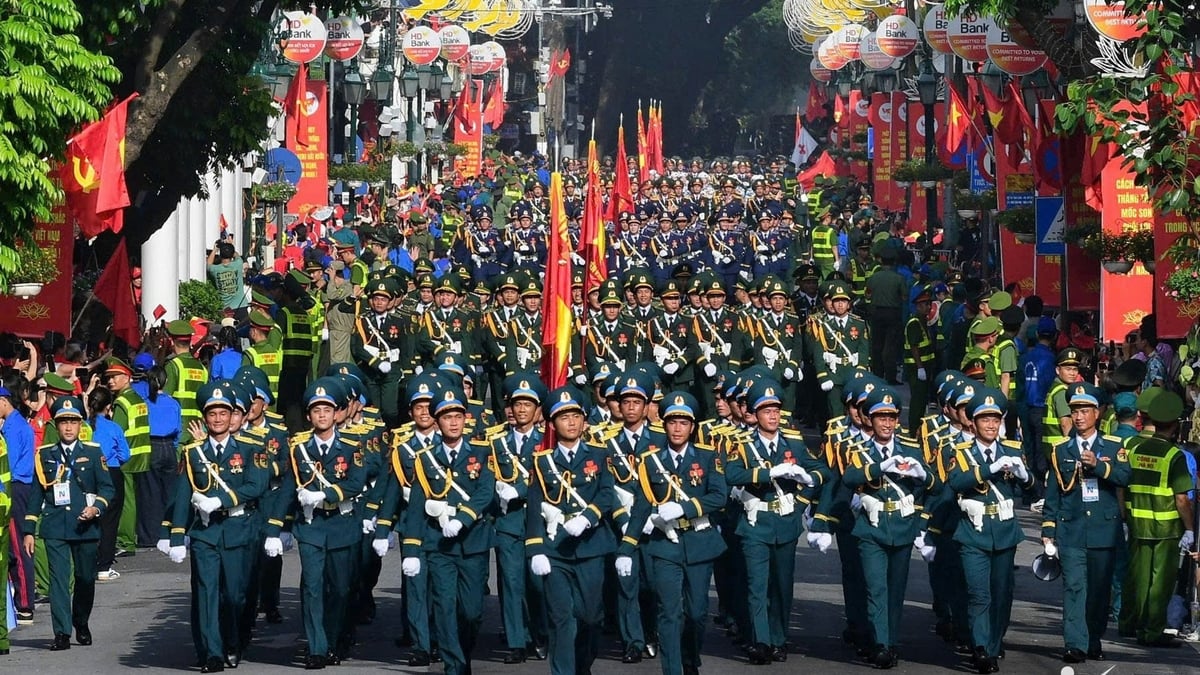
![[Photo] Lao President Thongloun Sisoulith and President of the Cambodian People's Party and President of the Cambodian Senate Hun Sen visit the 95th Anniversary Exhibition of the Party Flag Lighting the Way](https://vphoto.vietnam.vn/thumb/1200x675/vietnam/resource/IMAGE/2025/9/2/3c1a640aa3c3495db1654d937d1471c8)
![[Photo] National Assembly Chairman Tran Thanh Man meets with First Secretary and President of Cuba Miguel Diaz-Canel Bermudez](https://vphoto.vietnam.vn/thumb/1200x675/vietnam/resource/IMAGE/2025/9/2/c6a0120a426e415b897096f1112fac5a)


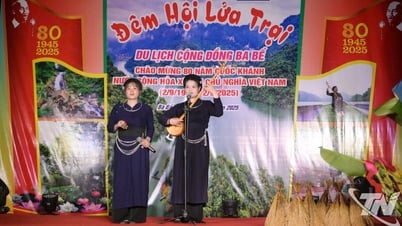

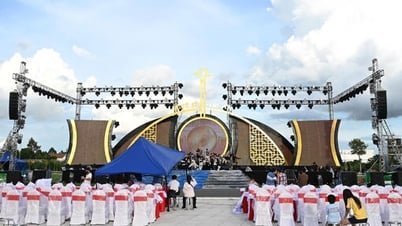

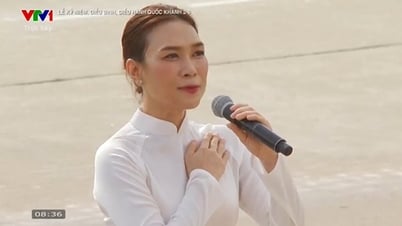

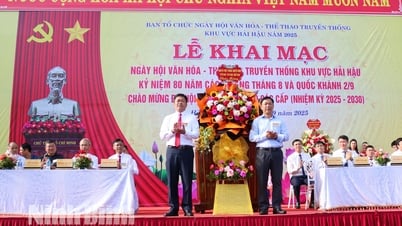
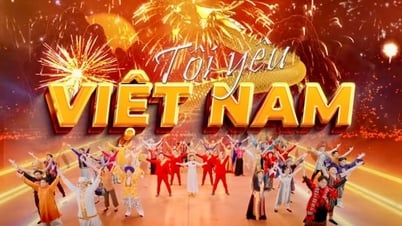

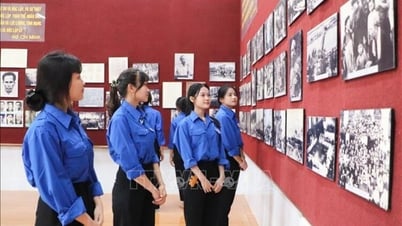




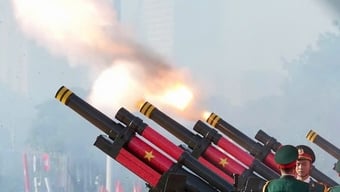
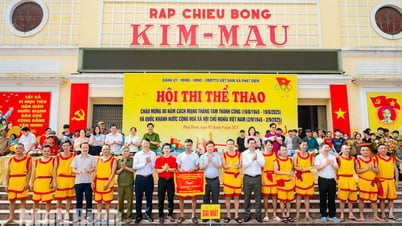


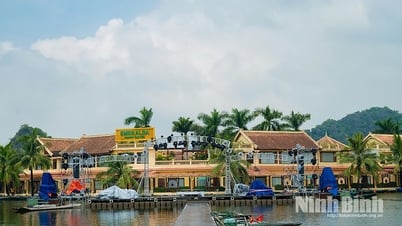

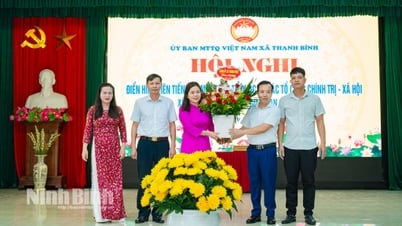
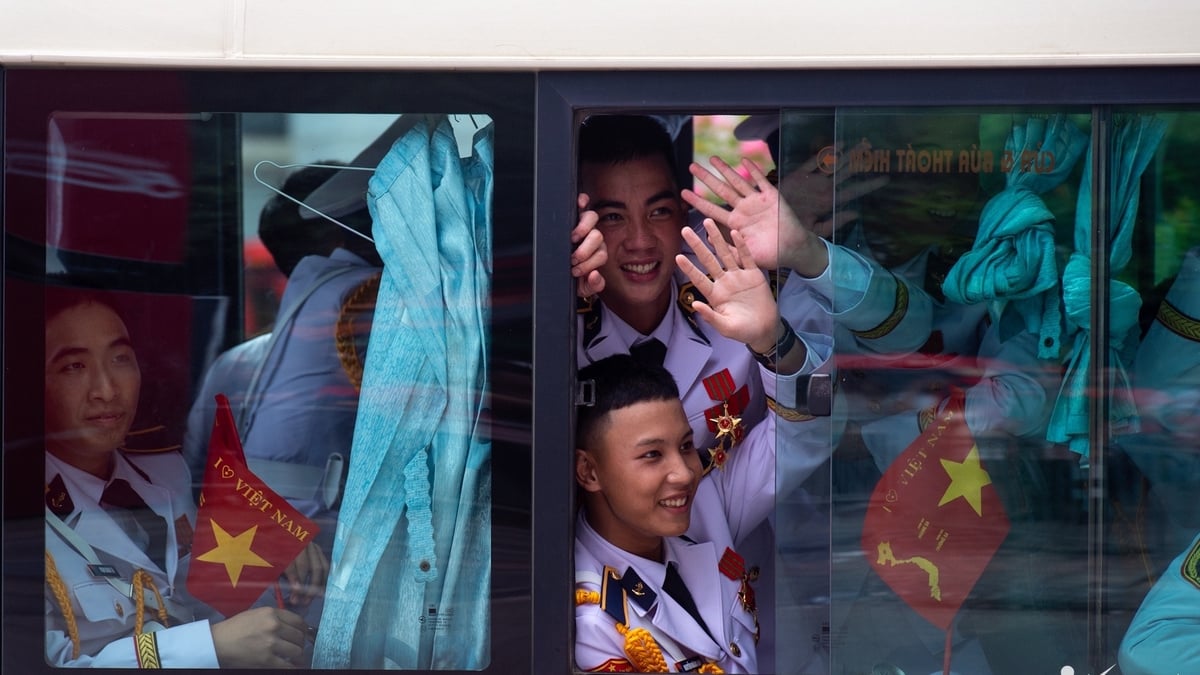
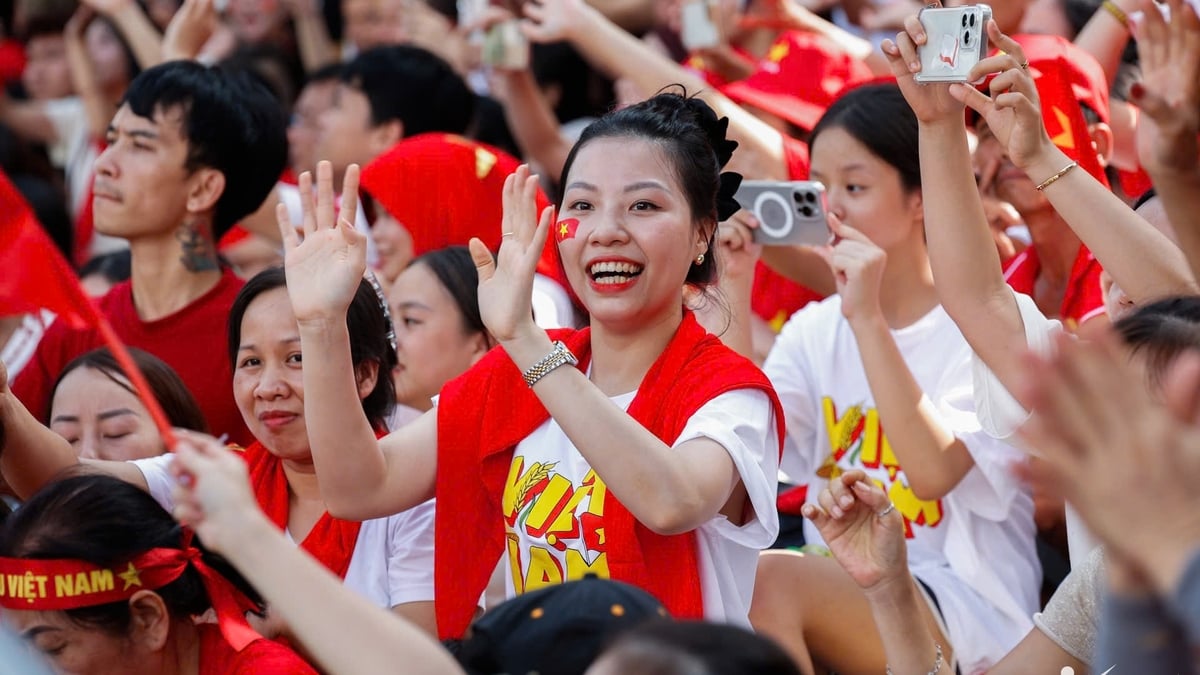








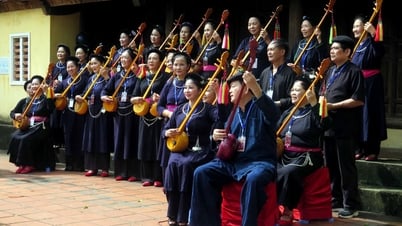

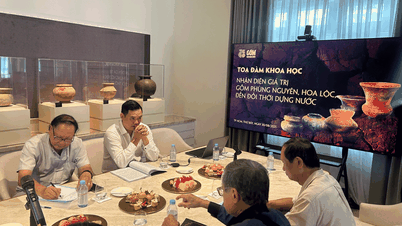


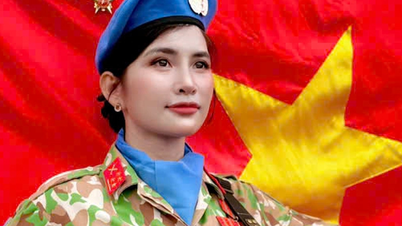



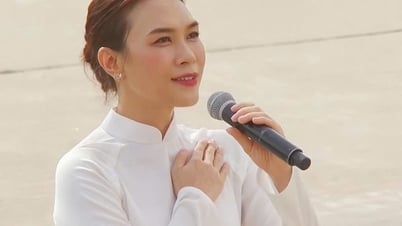











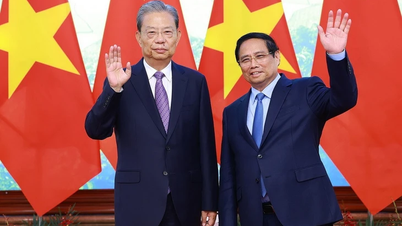
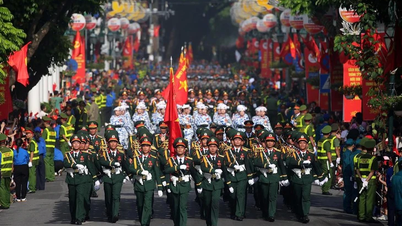

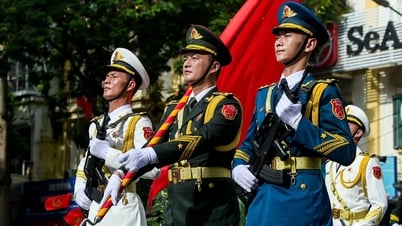
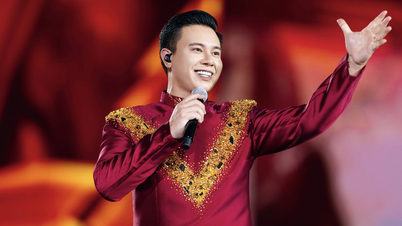

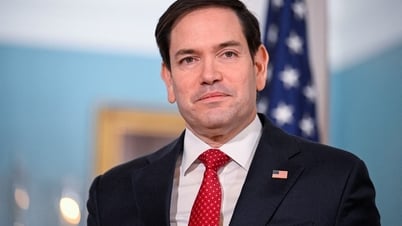



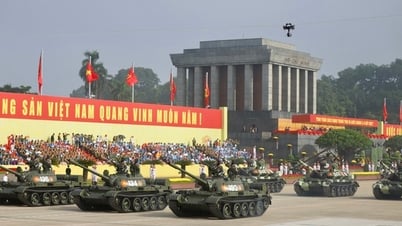
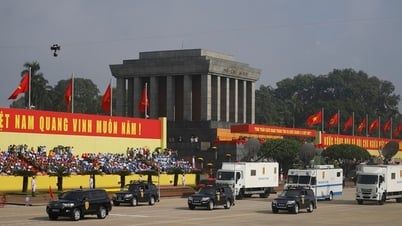

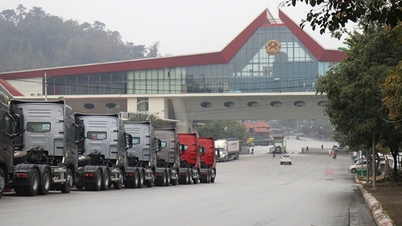

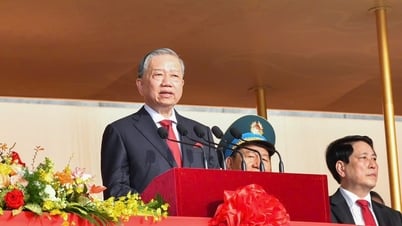




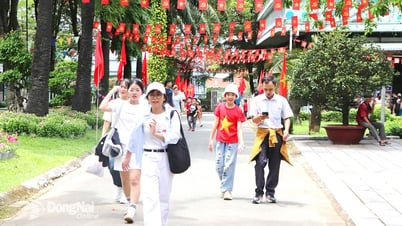

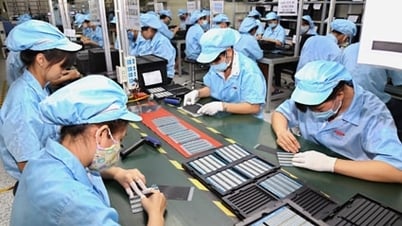







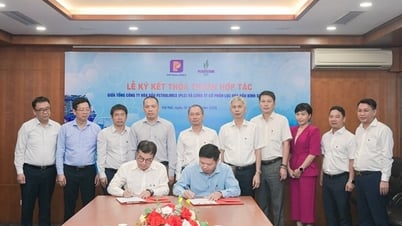



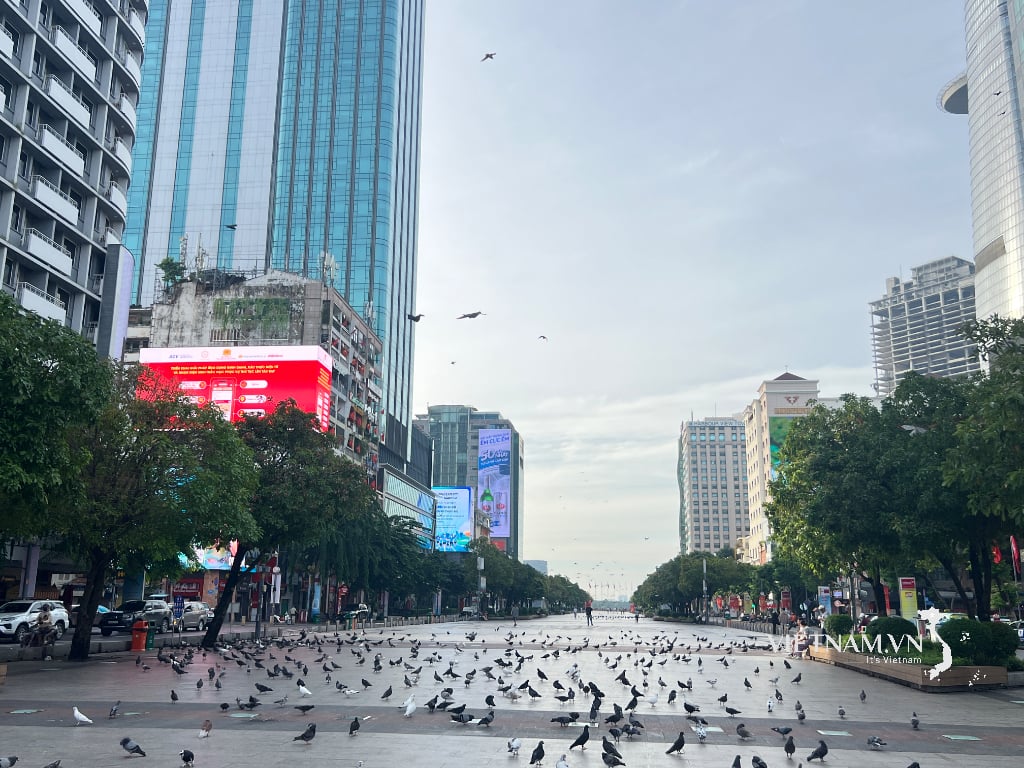



Comment (0)